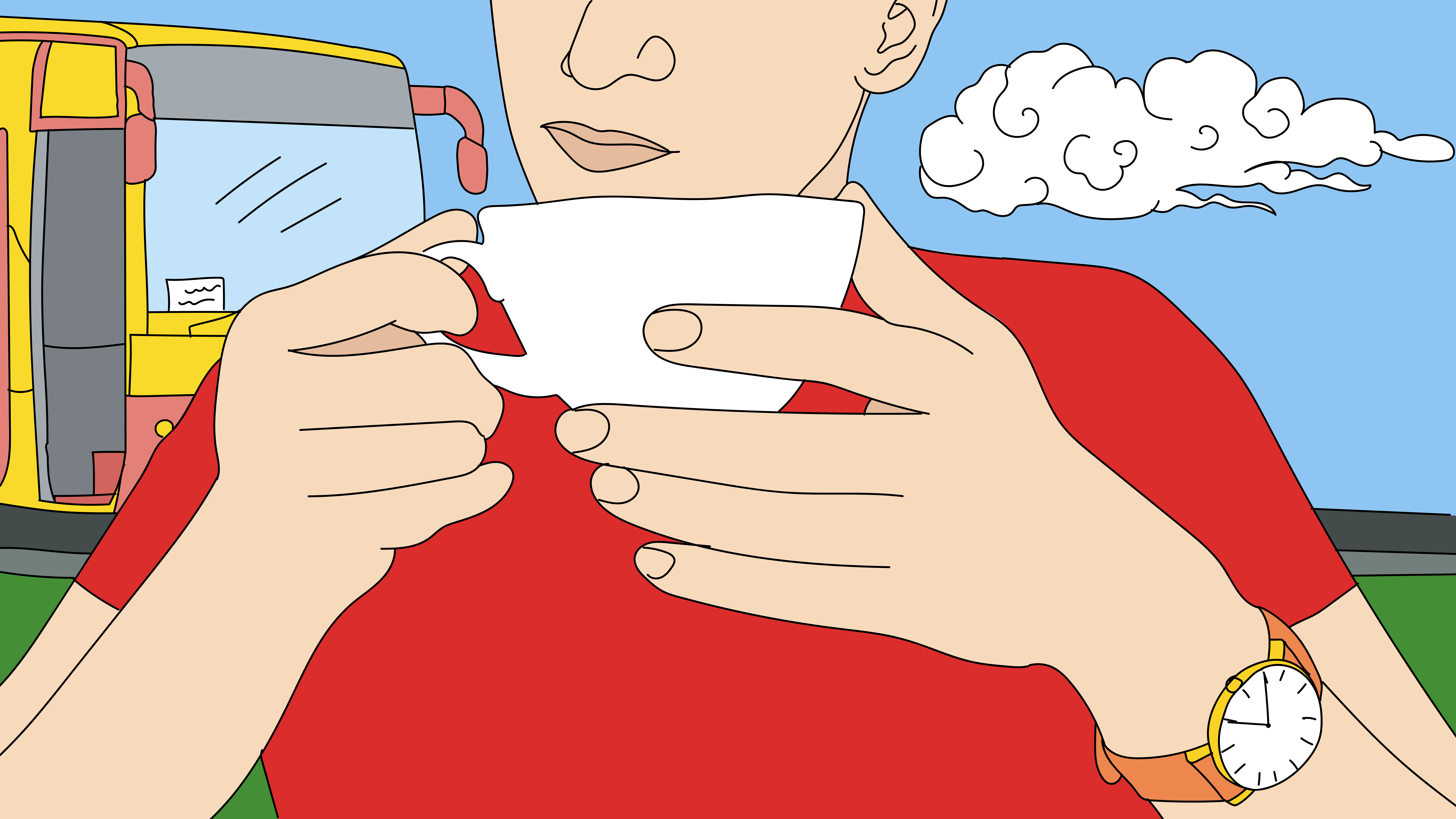
Taman on time
When you're traveling the Balkans by bus, it all just depends…
|04.08.2023
|

Ilir Gashi
Ilir Gashi works at the intersection of media, activism, art and technology. He started working in journalism at age 14, writing reviews of computer games. He no longer plays games but occasionally writes. He was born and raised in Belgrade.
This story was originally written in English.